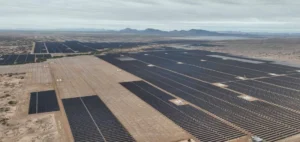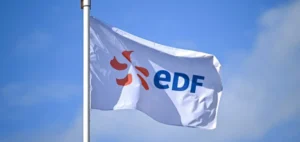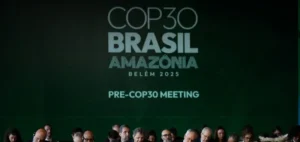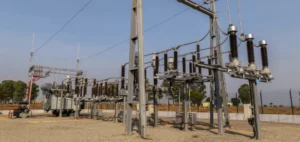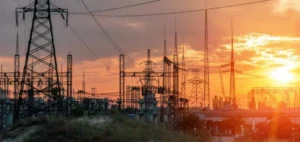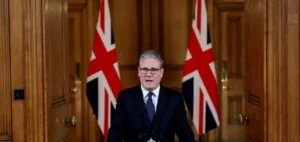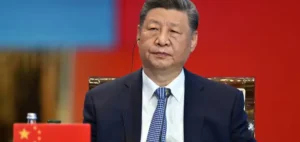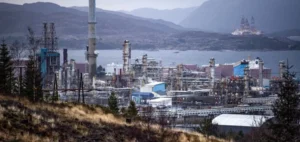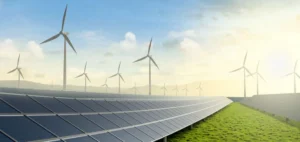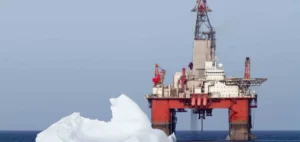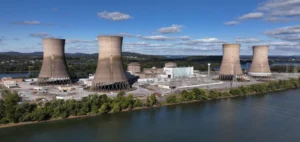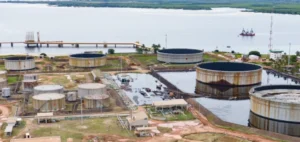The French government has asked EDF, and more broadly other energy companies, to take steps to unblock dams and wind farms to facilitate the country’s power supply this winter, after the announcement of a prolonged unavailability of some nuclear reactors.
In a letter to the CEO of EDF dated Friday, the Minister of Energy Transition Agnès Pannier-Runacher asks him “to do everything possible to release new margins of maneuver for the passage of the winter”, which “passes, in particular, by maximizing the renewable production of the company.” This means increasing “in advance the power of hydroelectric concessions”, she writes.
The increased use of dams has been limited until now by the existence of a fee for the operators in case of power increase. However, this tax is to be abolished by the new finance law.
It is also “the maximization of renewable production from wind power, which requires EDF to assess the possibilities of unbridling on a site by site basis, in conjunction with the decentralized services of the State, which have the instruction to examine any requests as a matter of priority,” adds the letter addressed to Jean-Bernard Lévy.
This request concerns, in addition to EDF, all operators, the ministry said.
The wind turbines are set in advance, depending on their exposure, wind thresholds, etc., in order to limit certain impacts, particularly noise. The debriding and its modalities will be decided site by site, each park having its own characteristics.
The effort “finally passes by the acceleration of the renewable projects in the course of construction carried by EDF”, adds the Minister, by inviting to him “to announce all the possible difficulties in these projects”.
For EDF, this letter “is part of a continuity of exchanges” with the government in view of the winter, and the question of the increase of the renewable production “was already in the course of instruction”, without that one can still at this stage to evaluate the volume of additional electricity hoped there. “We will provide an answer as soon as possible,” the group added.
To date, 26 nuclear reactors out of a total of 56 are shut down for maintenance and corrosion problems.
The national electrician announced Thursday a new postponement of the date of reconnection of four of them, and revised downwards its estimate of nuclear production for 2022, in a context of electricity and gas supply already tense.
On the renewable energy front, the government is also counting on the full commissioning of France’s very first offshore wind farm, opposite Saint-Nazaire.
In addition, “the work on the reliability of our electricity import capacity, particularly from Germany, should be completed very soon,” adds Ms. Pannier-Runacher in her letter.
Emmanuel Macron and German Chancellor Olaf Scholz had agreed in early September that France would deliver more gas to Germany, which could in return supply electricity to its neighbor if needed.



